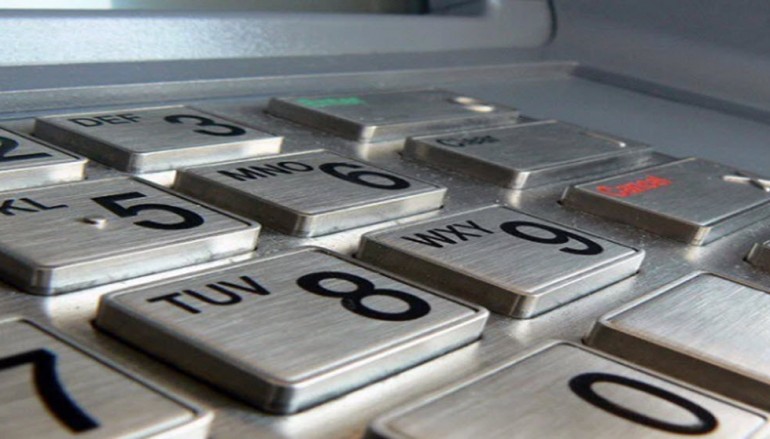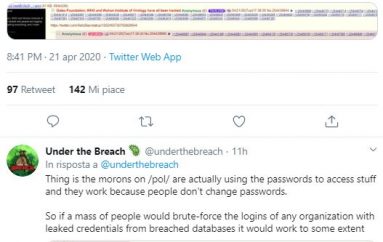
Millennial customers will flee if their bank accounts are hacked
Memo to bankers: Don’t let fraudsters mess with a millennial’s bank account if you want to keep their business.
All it takes is one fraud incident, whether it’s identity theft, lost or stolen information, ATM skimming or a compromised account to send those millennials packing, according to a recent survey by FICO, the credit-scoring company.
The study showed that 29 percent of millennials will close all accounts with that bank after an incident, compared with about 22 percent of all U.S. consumers. FICO surveyed approximately 1,000 consumers in October and November 2015.
“The tolerance level is so low,” said Alex Matjanec, CEO of bank comparison site MyBankTracker.
Millennials were also more likely to slam the bank on social media. One in four said they would make a negative comment on Facebook, Instagram or Twitter if the fraud incident wasn’t handled well and another 21 percent would actively discourage their friends and families from using that bank.
“Consumers are looking for greater protection from fraud and sophisticated identity theft,” said TJ Horan, vice president of product management at FICO. “Combined with the sharp increase in ATM compromises, it’s clear that fraud prevention and communication are more vital than ever.”
Perhaps fueling the willingness to flee was that customer experiencewas the most cited reason for opening and closing accounts, more so than fees, rates, locations and convenience, according to a separate survey on consumer banking by EY (formerly Ernst & Young).
In addition,”the growth of online banks and mobile banking lends itself to the ability to switch and the perception to switch,” Horan said.
In fact, being a victim of fraud is all too common these days.
The identities of an estimated 9 million Americans are stolen each year, FICO said. ATM skimming, in particular, has become much more likely in the last year alone. The occurrence of that one type of fraud skyrocketed 546 percent in 2015 from a year earlier, according to FICO.
Matjanec said consumers should remember that most banks have similar fraud protections in place to safeguard your savings as long as the incident is reported in a timely manner. In the case of a lost or stolen ATM card, for example, the bank will likely cover all of the charges if it is reported in the first two days. If it is reported in the first two months, you are still only on the hook for up to $500.
“If they’re closing accounts due to fraud where their cards or accounts are involved, it’s often a mistake to identify the bank as the problem,”said David Pommerehn, senior counsel of the Consumer Bankers Association. “Banks operate under a series of rules that can make consumers whole if there is a fraud.”
Before jumping ship to a new bank, keep in mind that reoccurring payments, particularly loan payments, must be reset so you don’t get hit with late charges and fees. This is where the “set-it-and-forget-it can bite you,” Matjanec said.
Some student loan repayment plans offered through a bank may have also come with a discount if they were directly connected with a checking account at that bank. In that case, switching banks would mean forfeiting that markdown.
And look at the maintenance fees and/or early closing fees that could apply. If there is a minimum balance requirement and you withdraw your money with the intention of closing the account, you might be hit with a low balance fee first.
Checking accounts, savings accounts, CDs and money market accounts could each have their own early closing fee if you close that account before a set period of time, usually within the first 90 days to 120 days. Or, if you got a bonus when you opened the account, you could lose that as well.
Source | CNBC





